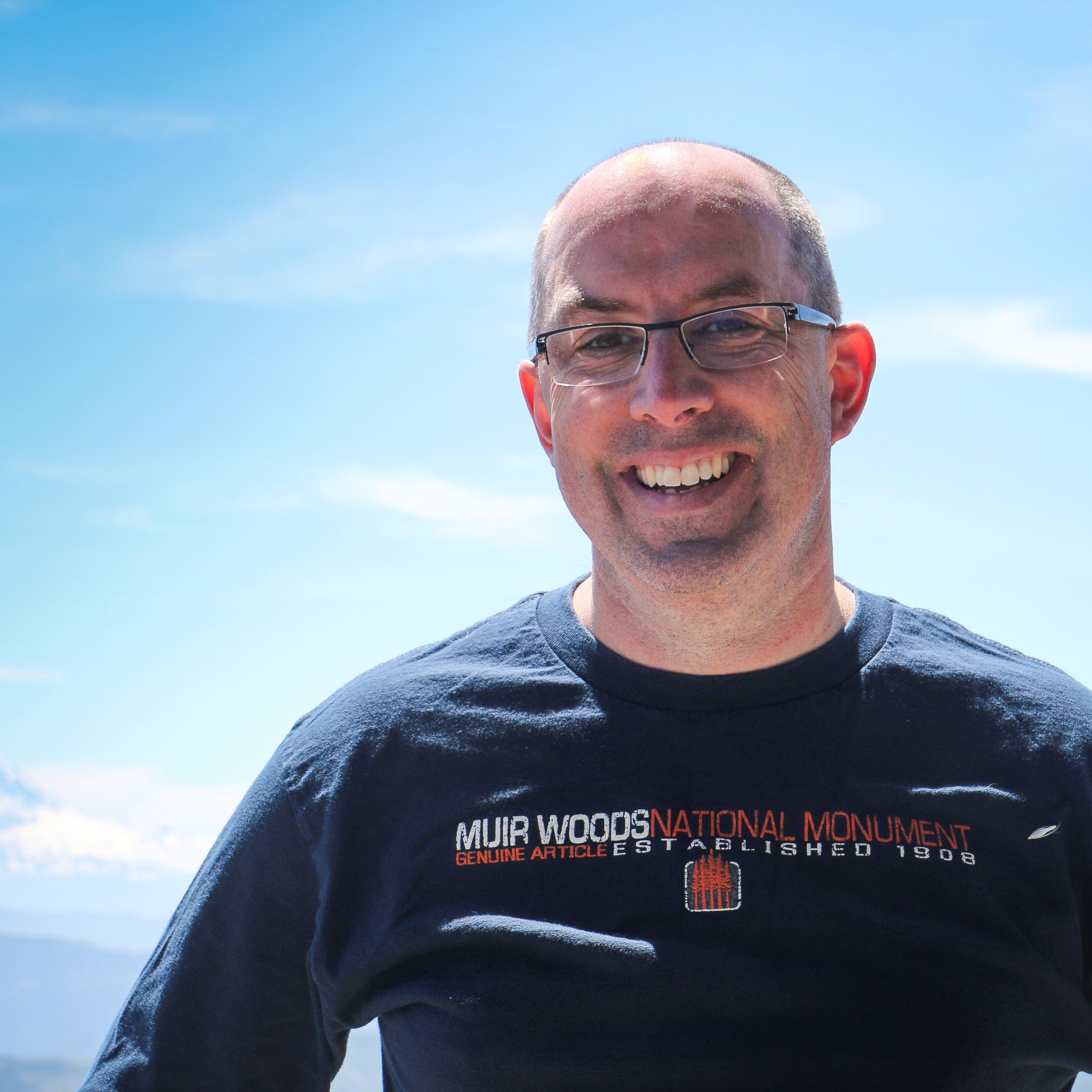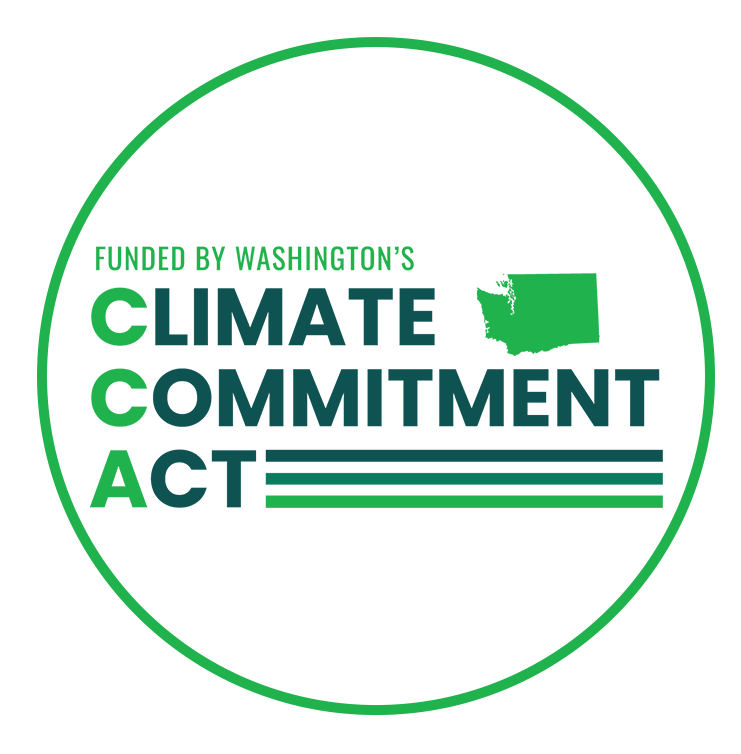We should follow the science to support salmon recovery. But how?
Read the full Policy Note here
Key Findings
1.Puget Sound Chinook salmon are not recovering, and we do not yet know why.
2.The success of salmon recovery efforts varies from place to place. For example, it’s been improving in the Skagit River while the situation in the Snoqualmie is getting worse.
3.The range of possible salmon recovery projects is based on science, but due to scientific uncertainty, the prioritization of these projects becomes political.
4.Decisions about salmon-recovery funding should be made closest to the community they affect to improve accountability and use local knowledge.
5. For political reasons, grantmaking agencies feel obliged to spend time and money showing they made the right decision, adding needless bureaucracy and wasting money that could be better spent on the ground.
6. Salmon recovery will likely face budget cuts. One way to mitigate those cuts is to streamline the existing process for delivering funding to salmon-recovery projects across the state.
Introduction
Populations of Puget Sound Chinook salmon are not recovering and we don't really know why.
The Puget Sound Partnership set a target to improve Chinook populations in the Sound by 2020. We will miss that target. Everyone agrees that part of the problem is a lack of funding – a problem that will get worse due to the coronavirus lockdown and economic downturn.
Still, scientists working with state and Indian tribes are not sure why we have not made more progress with the efforts we have been able to make. Those of us on the Puget Sound Salmon Recovery Council are counting on scientists to help us understand why.
The struggle to figure out why we have not been more successful is instructive for policymakers who want to use good science. It can also help the public understand those times when politicians claim their decisions are based in science and when they are not.
To understand what is happening in Puget Sound, the Salmon Science Advisory Group (SSAG) is looking at five potential reasons for poor salmon recovery.
Read the full Policy Note here.





